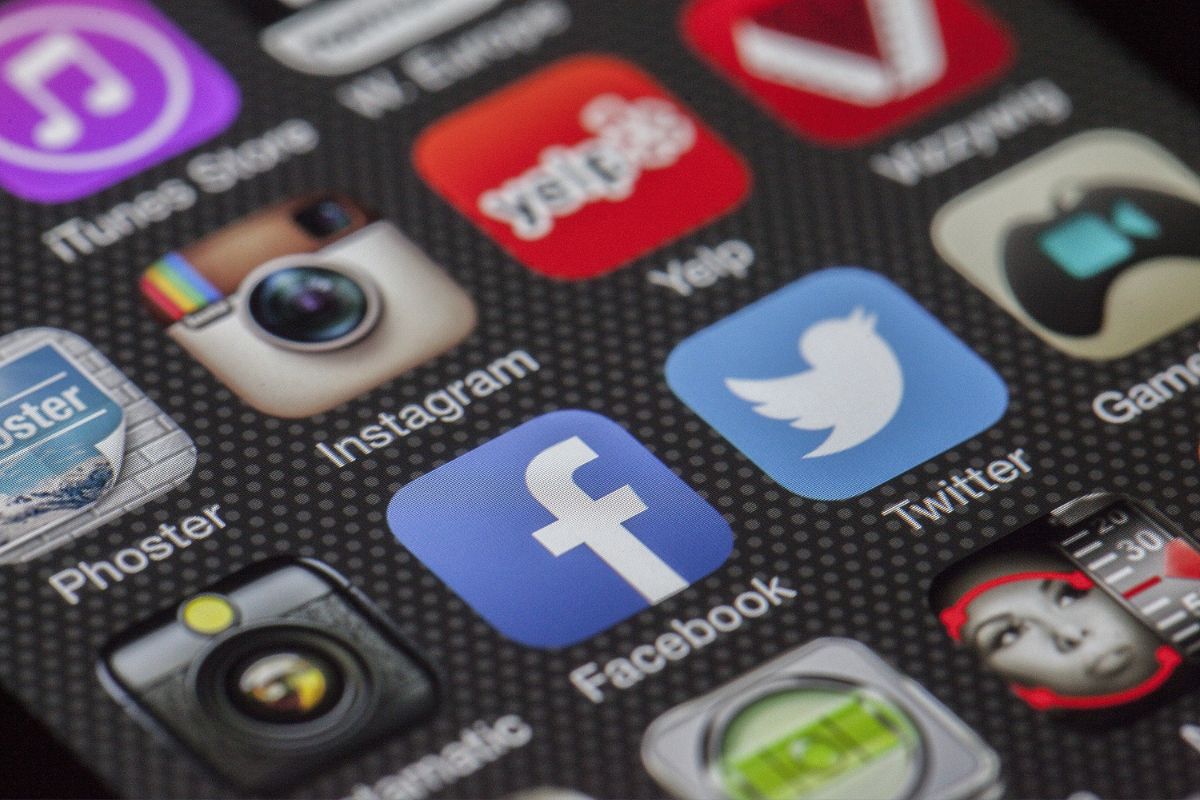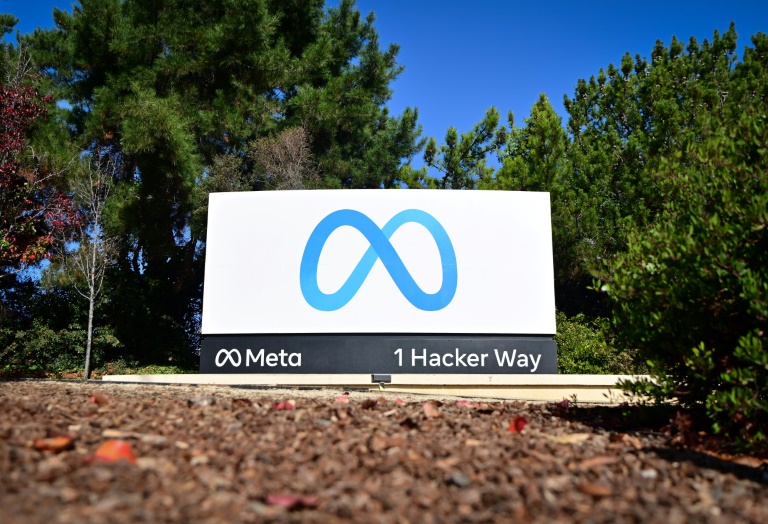At the end of May, the FDA, the US government’s health surveillance agency, released tests with brain chips in human brains, responding to requests from companies such as Elon Musk-owned Neuralink, which have l intention to use the device for medical purposes. Musk has already announced his intention to carry out the first tests later this year. But is the technology already ready for this?
“It’s too early to allow implants in humans,” says neuroscientist Ariel Garten in an interview with WORK TIME, during Collision. The businesswoman is the founder of InteraXon and responsible for creating and developing Muse, a wearable device that, placed around the head, helps the user control brain activity, leading to states of meditation and relaxation – and even to sleep.
- ChatGPT and brainchips: will we live in a world with AI implanted in our minds?
- Brain chips could alter users’ personalities, researchers warn
The neuroscientist has no doubt that in the near future, technology can be extremely beneficial to human beings, helping in the treatment of physical and mental illnesses. “But it’s not something I would recommend testing today because we have no way of knowing if the technology is safe. It’s too early, years of testing are still needed for that. In our case, we tested the product for ten years. And it’s not even invasive,” he added.
The purpose of the Muse headband, originally released in 2010, was to give people knowledge and control of their brains, Ariel explains. Also at the University of Toronto, the neuroscientist has created, in partnership with a few colleagues, one of the first known interfaces between the brain and the computer. Working like an electroencephalogram, the device showed lights at different intensities, depending on brain activity.
“We soon realized that this interface could give people a better understanding of how their brain works, which could help them relax and achieve meditative states,” he said. Today, the Muse headband has over a hundred meditation software options (even to improve executive performance), is used in clinics and hospitals, and has already been adapted by researchers around the world. to conduct their studies of brain function.
“Basically, our brain communicates with us electrochemically, and that can be read by a cellphone. With this, it creates a kind of map for users and researchers to achieve their goals,” explains the founder. Last year, the latest version was launched, Muse S, which is used to induce sleep.
“We are constantly adding features to the device,” says Ariel. “And there are dozens of developers who have built new programs on our platform, creating a whole ecosystem,” says Ariel. After acting for years as CEO, this year she took on the role of head of evangelism – the CEO is now Jean-Michel Fournier, who intends to intensify partnerships with fitness and healthcare companies – the headband can also be used in pain control.
A mother of two daughters (one of whom is breastfed during the interview), Ariel also owns a successful fashion label in Toronto and has even had her work exhibited at the Art Gallery of Ontario. “It all stems from the same motivation, solving problems in original ways, bringing together seemingly disparate ideas to generate something new. Working in fashion is fun, but with Muse I believe I’m doing something that can really make the world a better place.
*Marisa Adán Gil traveled to Toronto at the invitation of the organization of the event

“Pop culture fan. Coffee expert. Bacon nerd. Infuriatingly humble communicator. Friendly gamer.”

:strip_icc()/i.s3.glbimg.com/v1/AUTH_e536e40f1baf4c1a8bf1ed12d20577fd/internal_photos/bs/2023/8/3/Jms0UsQyWdplelgB6B5w/ariel-garten-headshot.jpg)





